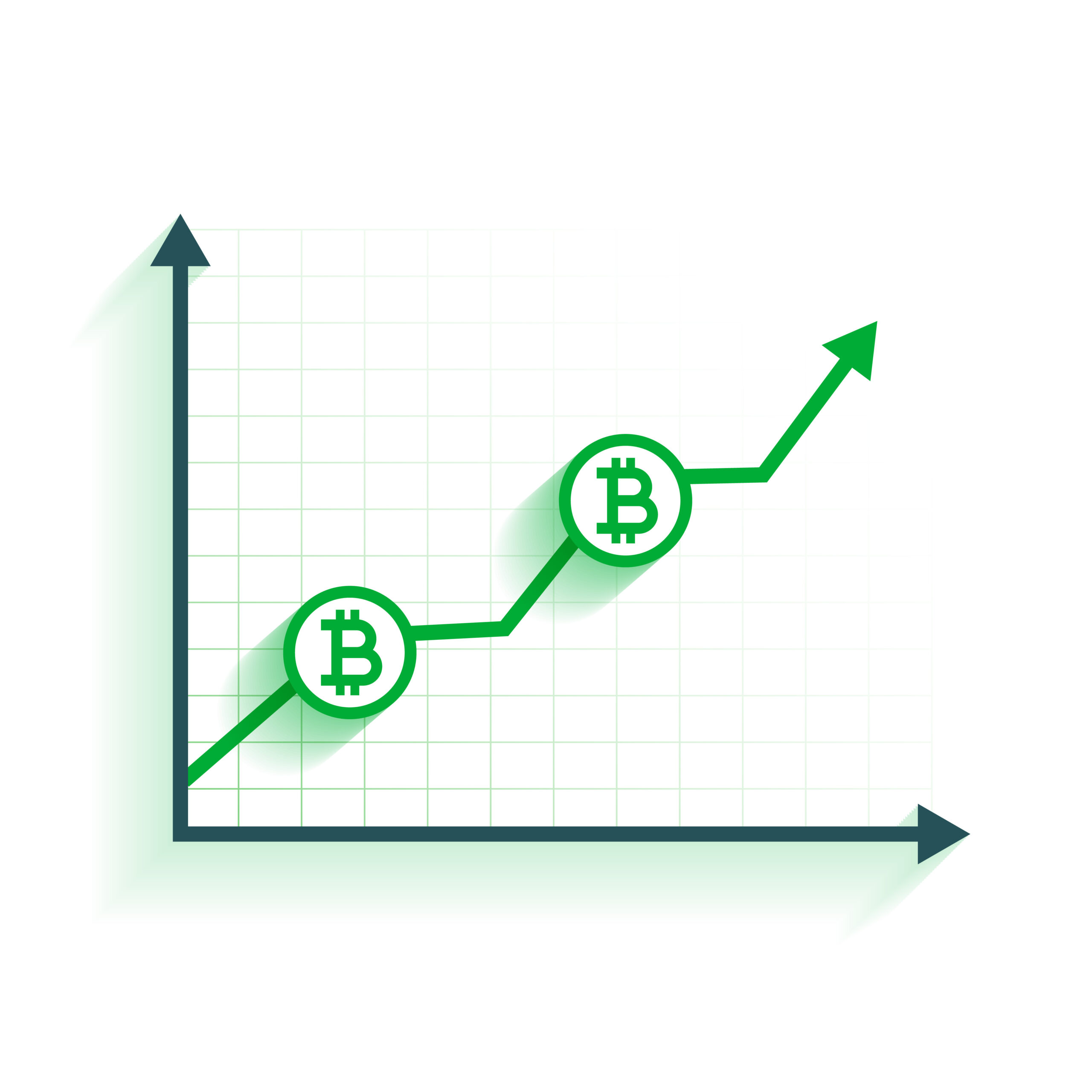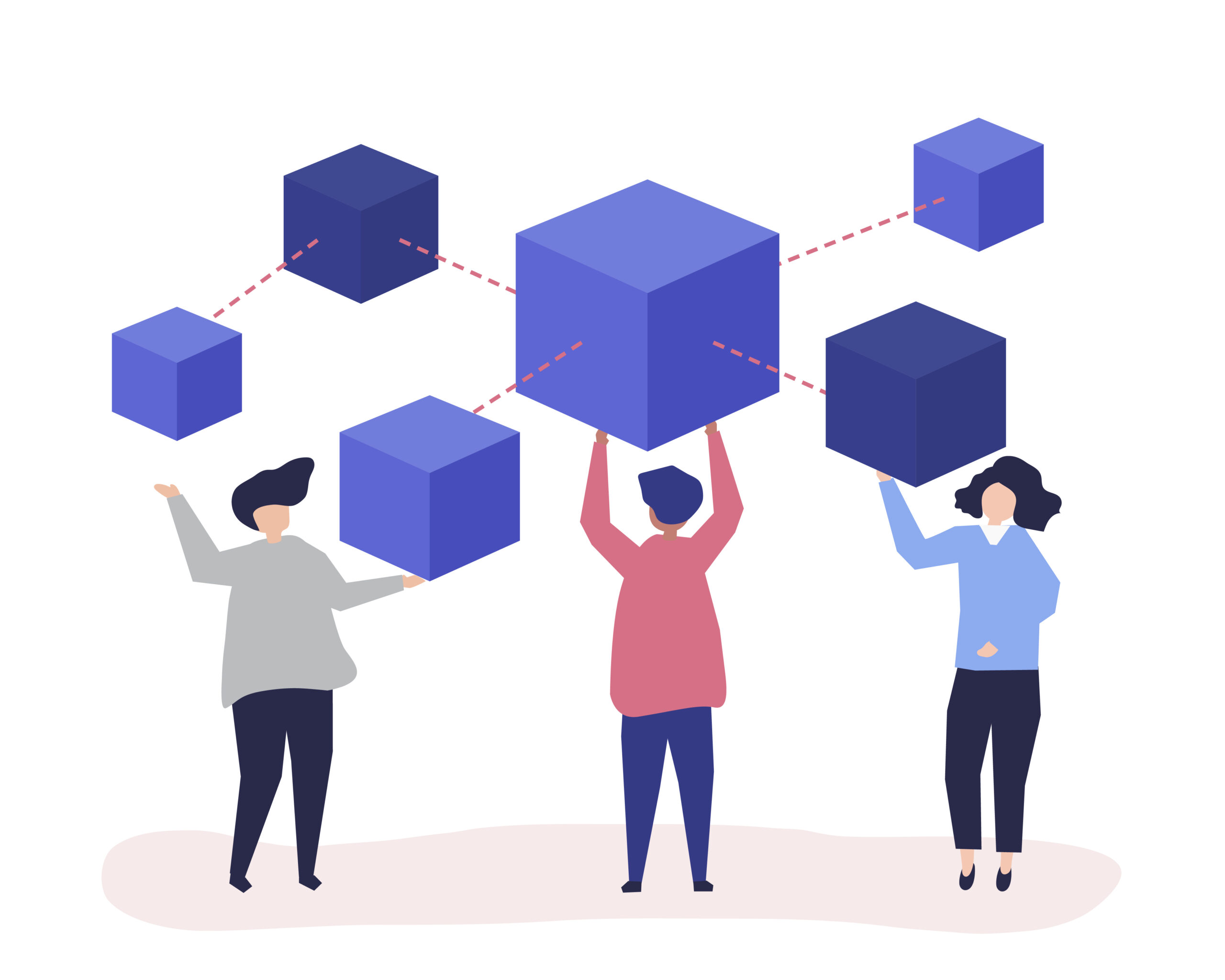The aim of every company offering specific services that the public pays for is to ensure that the customers are satisfied with their services. How significant this is and the elements that influence it to determine the company’s growth rate and level of market success. Since the advent of online commerce, competition has increased significantly due to the rapid development of technology.
Top businesses across industries are increasing their investments in technologies that enhance customer satisfaction and experience. And blockchain is one of those cutting-edge technologies that many of these companies have invested deeply in, even though it is a new technology.
What is blockchain, and how is it improving customer experiences in different industries? Read this article to learn more about blockchain and how it’s enhancing consumer confidence in businesses

What is Blockchain?
A blockchain is an unchangeable, decentralized digital ledger that records transactions among a network of computers. A record of the transaction is updated across numerous networks each time a new transaction is added to the network. Each block of the chain contains several transactions.
A blockchain is a leading technology because of its decentralized nature and the fact that no one can alter any data or documents that are entered into the blocks.

What is Making Blockchain Popular?
Security, transparency, decentralization, uniqueness, and interoperability, among other features, are the major reasons why blockchain is popular. Before the advent of blockchain technology, numerous digital businesses across a range of sectors were giving up on the online market. The unreliability and ease with which hackers can compromise sensitive financial data are a few of the causes.
The long-awaited solution came in the form of blockchain. And with cryptocurrencies demonstrating how dependable the blockchain can be, it has gained popularity among various industries looking to safeguard their financial services.
Because the blockchain is decentralized, transaction verification does not require the use of intermediaries like banks. As a result, transactions can be finished more quickly and for less money.
Future applications for blockchain technology could range from digital currencies to different industries.
How is Data Stored in a Blockchain?
The main factors influencing blockchain’s appeal are its security, transparency, decentralization, uniqueness, and interoperability, among other characteristics. Instead of being kept in one place, this chain is spread out across a network of computers.
Each block of the chain contains a number of transactions, and every time one is added; it is verified and recorded in every copy of the ledger. A block’s data cannot be changed once it has been added to the chain because of encryption.
This develops a fraud- and tamper-resistant, transparent, and secure system for transaction recording. The Bitcoin mining process is the most well-known example of blockchain technology in use. And this is where the process of making sure customers are happy with the services they receive and have a positive experience begins.


Challenges Businesses Faced Before the Launch of Blockchain
Serving the customer comes first and foremost in business. How well you do in that area determines the long-term viability of your business. However, this was found to be lacking after the development of the internet and online business models.
The shift in the economy toward the digital one was a significant one that was thought to relieve customers of the hassle of shopping. But all this became questionable after breaches and data manipulation by hackers. Additionally, slow payment systems and untraceable transactions affect customer satisfaction.
Many businesses were already losing customers as a result of the difficult task of improving customer experience and establishing greater trust, so something had to change. The need for improvement was urgent, but it became even more so as businesses began to lose money as customers departed.
As a result of poor customer service, companies reportedly lost more than $62 billion. More frequently, people demanded openness, credibility, and adaptability. After its launch, blockchain specifically helped these businesses with this.
How is Blockchain Used to Improve Customer Experience?
Numerous applications are incorporating blockchain for a range of purposes. And these are the applications that various businesses use to offer customers online services. The current business paradigm has undergone a rapid and complete transformation thanks to blockchain technology.
Here are a few ways blockchain is contributing to consumers’ shopping experiences.
- By bringing transparency, trust, security, and ease to the purchasing process, blockchain is improving customer interactions, experience, and loyalty to the brand and
- Blockchain significantly alters consumer relationships from a consumer-centric perspective by increasing data and information transparency and enhancing privacy and security.
- Consumers can independently verify a product’s entire lifecycle thanks to blockchain, which is impossible to manipulate for businesses.
- Blockchain’s hassle-free warranty management benefits both the manufacturer and the customer.
- As an asset travels through its lifecycle, a blockchain-based audit trail records every step of its provenance. This aids in providing proof in industries where consumers worry about how a product will impact the environment or human rights or in industries where fraud and counterfeiting are a problem.
- With smart contracts, a business can use blockchain technology to enhance a customer experience with cloud computing. These self-executing contracts directly write the terms of the contract between the buyer and seller into lines of code. Since there is no need for an intermediary and automated agreement execution is made possible, transactions become quicker and more efficient.
- Another way blockchain can improve the user experience in cloud computing is by using decentralized storage options. Instead of being kept on a single central server, data can be stored across a network of nodes with the aid of these solutions. As a result of the data not being stored in a single exposed location, security and dependability may increase.
- Overall, blockchain can also be used for data verification and authentication in cloud computing by increasing security, reliability, and trust.
- Because it is transparent, open to all, and customers can check its validity, blockchain technology increases accountability in the syst

Conclusion
Blockchain technology eliminates the disparity between consumers and businesses. Additionally, it gives companies with efficient processes a competitive advantage over rivals who appear to exist solely by prohibiting customers from submitting complaints.
By enhancing privacy, boosting security, and increasing data and information transparency, it has the potential to significantly change consumer relationships.
However, the enormous potential of blockchain to improve access and transform the customer experience is on the high side.
